Sometimes the search function is ineffective on the first attempt. Refresh the page and that should load pages.
Many people have mantras, either for how they live their lives, or relating to how they turn up and train. In this small series, Coach Denise looks at the mantras which have meaning to her personally, and shares how they help her with both life and training.
Mantras – what do they really mean and how can they help?
Many people have mantras, either for how they live their lives, or relating to how they
turn up and train. In this small series, Coach Denise looks at the mantras which have
meaning to her personally, and shares how they help her with both life and training.
Many people have mantras, either for how they live their lives, or relating to how they turn up and train. In this small series, Coach Denise looks at the mantras which have meaning to her personally, and shares how they help her with both life and training.
With the increased participation of women in triathlons, there has been a corresponding rise in the number of female athletes training across the three disciplines. For training to be practical, it needs to be consistent, which means showing up regularly. This can be difficult in terms of finding the time, but lack of confidence is also holding women back from participating as fully as they could. In this blog, Coach Denise examines strategies to build confidence and continue training.
With the growing number of women participating in triathlon events, there has been a corresponding rise in female athletes seeking effective training methods. Squad training, either through traditional triathlon club memberships or virtual squads, is a widely recognised approach. Coach Denise explores the advantages of squad membership, particularly for female triathletes.
It's common for athletes to feel pressure to perform well for others, but genuine pride from loved ones comes from an athlete's attitude, daily habits, and dedication to training, rather than a single race result. This article explores how a continued application of good habits is more impactful on others than a single race result.
Endurance athletes are often caught up in their next dream. Whether trying to win an age group, qualify for a championship, or simply complete their first race, these goals ignite their passion and drive. At the beginning, when their motivation is high, training seems effortless – of course, the athlete wants to complete their goal, and they tell everyone what they want to achieve. However, there is a subtle yet significant difference between wanting to achieve these goals and being willing to do what it takes to get there.
This article explores the concept of coachability and how mindset, vulnerability, and self-talk play vital roles in an athlete's development. It discusses the differences between fixed and growth mindsets and explains why openness to feedback and embracing vulnerability are crucial for success.
Every woman knows that their period has an inconvenient habit of showing up when it is least wanted. Training can be adapted to suit the menstrual cycle but race day can’t be changed. In this blog Coach Denise looks at how athletes can manage to race around their periods.
Recently, indoor training technology has transformed how endurance athletes approach their cycling training. Meanwhile, traditional outdoor riding offers unique physiological and psychological benefits that no virtual platform can fully replicate.
Triathletes often start coaching with us encountering the same common hurdle: they struggle to run efficiently off the bike. Many athletes approach coaching services with the singular aim of improving their running speed. However, as coaches, we recognise that the nuances of transitioning from cycling to running extend far beyond simply running faster. It’s essential to address the finer details that affect performance in the latter stages of a triathlon. Coach Philip explores how to improve your run off the bike.
In December 2026, I’ll set off from the Canary Islands with my teammates Martin Mead and Scott Dingle, both fellow airline captains, as part of our team, Coastal Commanders. Together, we’ll row 3,000 miles across the Atlantic in the World’s Toughest Row—a challenge that demands far more than just physical endurance.
This is no ordinary race. It takes three years of solid planning and preparation just to get to the start line. We’ll face sleep deprivation, relentless waves, blistering heat, and total isolation, rowing in shifts, non-stop, with no support and no safety net. Our goal? To complete this challenge in under 40 days.
If you are excited and intrigued by the idea of doing a triathlon, but think it is just for the super fit, think again. In this blog Coach Denise takes a look at the whole sport of triathlon and may just change your mind.
Many endurance athletes grapple with the challenges of self-directed training. While some may believe that coaching is reserved for elite competitors and athletes, personalised coaching can significantly enhance performance for athletes of all levels. In this article, coach Philip explores why all coaches should personalise coaching approaches to the athlete and how this goes far beyond a standalone training plan.
Open water swimming has grown in recent years, after many people discovered it when swimming pools were closed during lockdown. From this start, a growing group of swimmers are looking to take their regular open water dips to the next level. This may be in improving swimming ability, looking to participate in longer swims or wanting to compete against other swimmers in races. In this blog Coach Denise looks at how you can move effectively from swimming for fun to becoming an accomplished, confident swimmer.
Every multisport event has its own logistics challenges, but racing in the cold can add a whole new level of complexity. As the nights draw in, Coach Denise examines the specific demands of winter racing and ensures that all the bases are covered.
In this latest article, Coach José explores how drafting is a part of the sport, why there are drafting rules, what to do if you find yourself stuck amongst the drafting group, and how to ensure you race with integrity.
In this article, we explore Tri Training Harder’s community-driven approach and how building a supportive and inclusive athlete network fosters success. Featuring stories from Tri Training Harder community members, the article highlights how collaboration and shared knowledge positively impact athletes, emphasising the value of a collective, inclusive environment for athletes of all levels.
This article explores the science behind endurance training, focusing on the crucial roles of physiotherapy and nutrition. With insights from Tri Training Harder’s expert partners, including physiotherapists and nutritionists, we highlight how their expertise is integrated into training plans to enhance athlete performance and prevent injury, underscoring the importance of a well-rounded approach to endurance training.
This article delves into the power of holistic coaching, emphasising our comprehensive approach that goes beyond just a training plan. By incorporating mental, physical, and emotional support, this coaching strategy has helped athletes thrive. Testimonials from current athletes highlight the significant benefits of this well-rounded methodology, reinforcing the importance of a holistic approach to coaching.
This article explores practical strategies for balancing endurance training with a busy lifestyle. Drawing on insights from TTH coaches, the article offers advice on effective time management, prioritising workouts, and finding the right balance between triathlon training, work commitments, and personal life.
At some recent events, we have overheard athletes talking about their concerns and have been intrigued by how their fears have rippled out. In this latest article, Coach Philip explores how fear is spread and how it can impact athletes. More importantly, he also identifies how athletes can mitigate this group-social effect and rise above this group phenomenon.
For most triathletes the majority of their swim training is done in a swimming pool. While this allows for the athlete to spend time on drills, technique and speed work, most triathlons involve a swim in open water. In this article Coach Denise looks at what impacts your speed when moving from the pool into open water.
Do you want to know how to balance your training during a summer holiday? Coach Philip explores what to do in this article.
Although racing in the UK has many perks, one downside is that we don’t usually get the excessive heat that some of our European and US friends are accustomed to racing in. In this article, Coach Philip explores some top tips for racing in the cold.
The first leg of any triathlon event is the swim, but how can you make sure that you are ready to race from the starting hooter? In some events it is possible to get into the water for a quick few minutes recce, but this is often not an option. In this blog Coach Denise takes a look at how you can get ready to race from the moment you enter the water.
At the start of race season, as thoughts turn to open water swims, one of the key considerations is, just how do you swim comfortably in cold water. In this article Coach Denise uses her extensive experience of swimming in Scotland to look at how best to make the transition from the pool to outside, helping you to have the best swim leg you can.
Every year, nutrition and its strategies take centre stage in our conversations with athletes. It's a subject that sparks genuine curiosity and interest. Yet, the challenge lies in translating this knowledge into effective race strategies. Coach Philip delves into some common pitfalls in nutrition strategy, emphasising the potential for significant performance improvements.


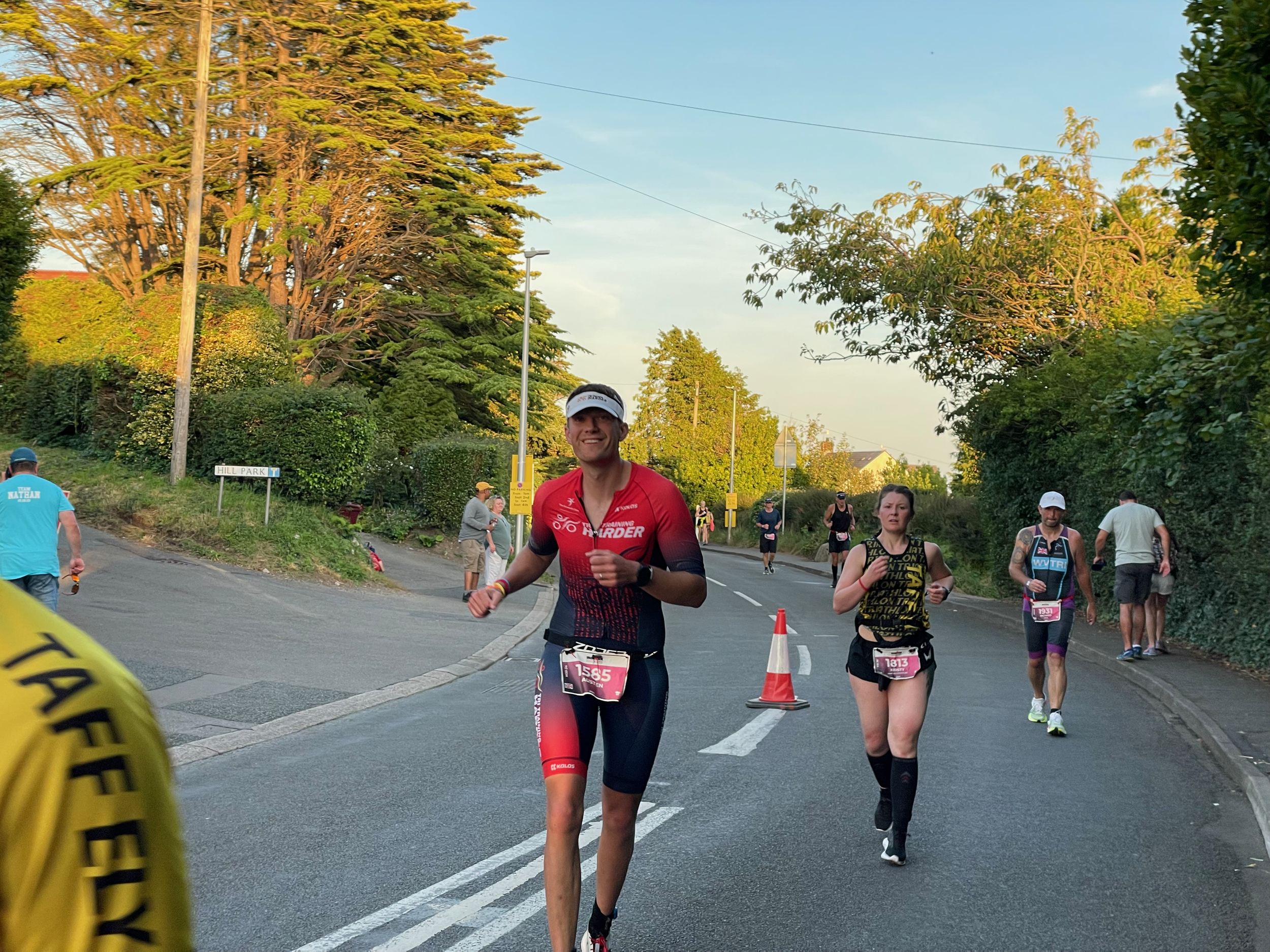


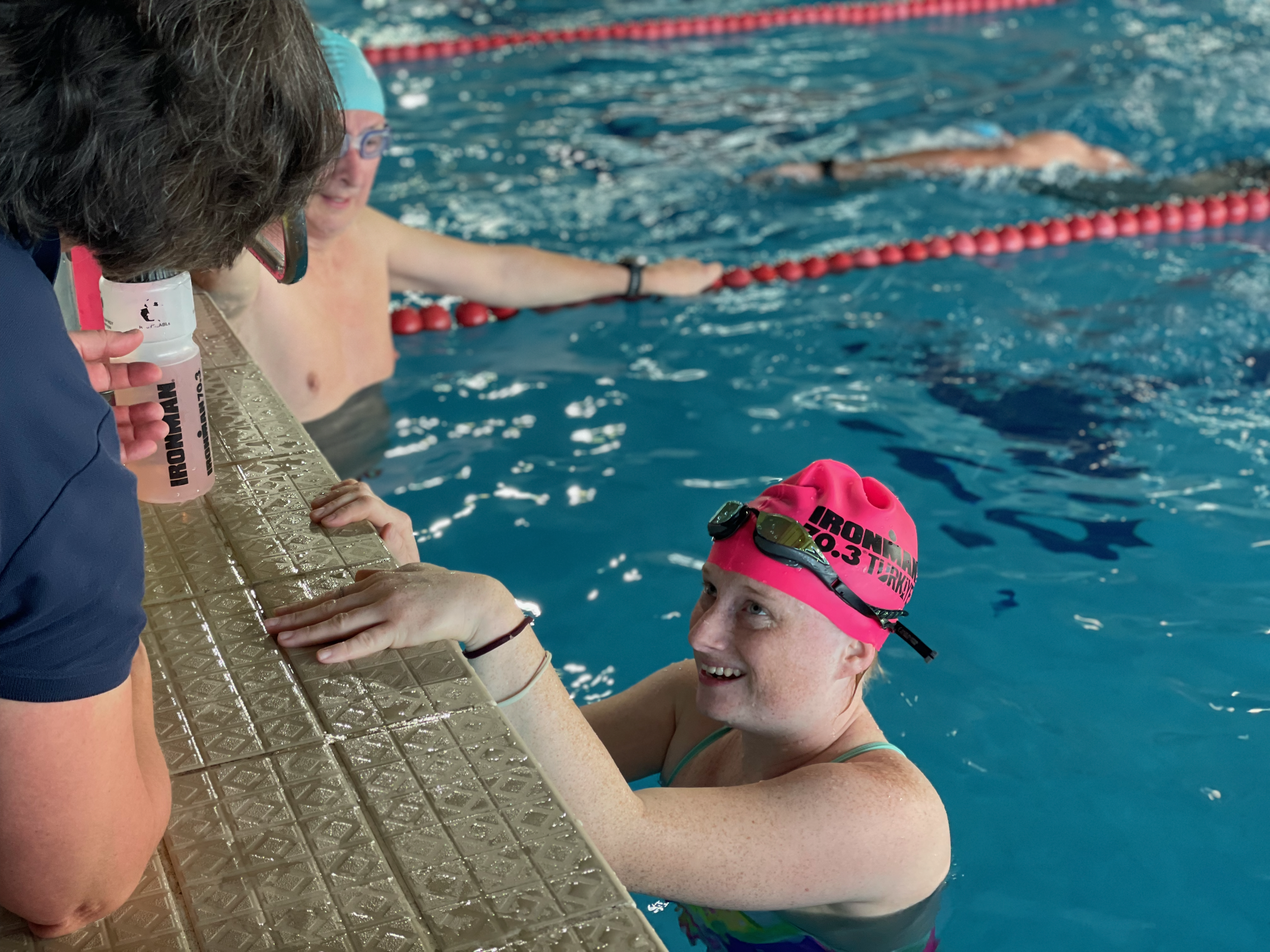

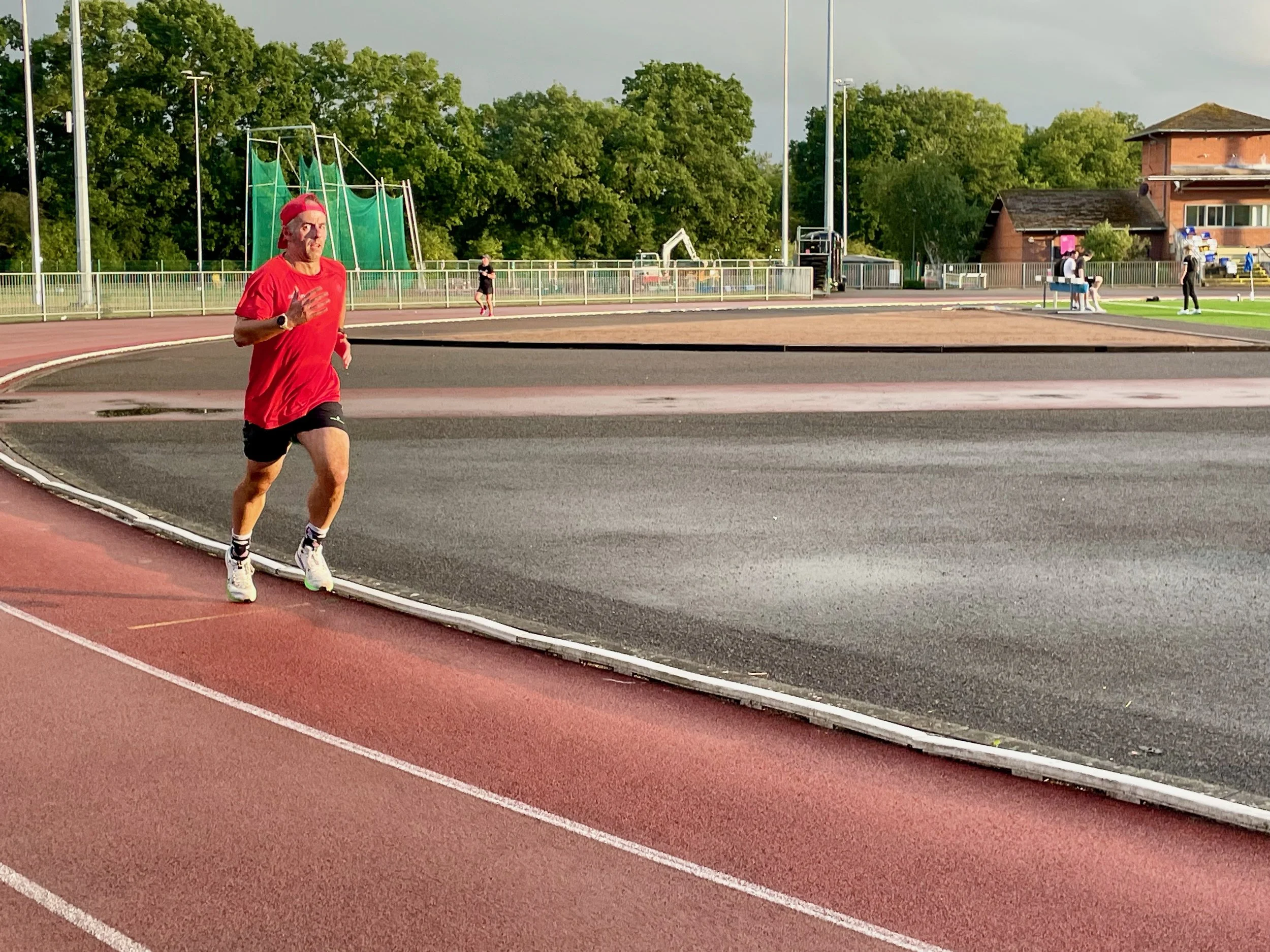
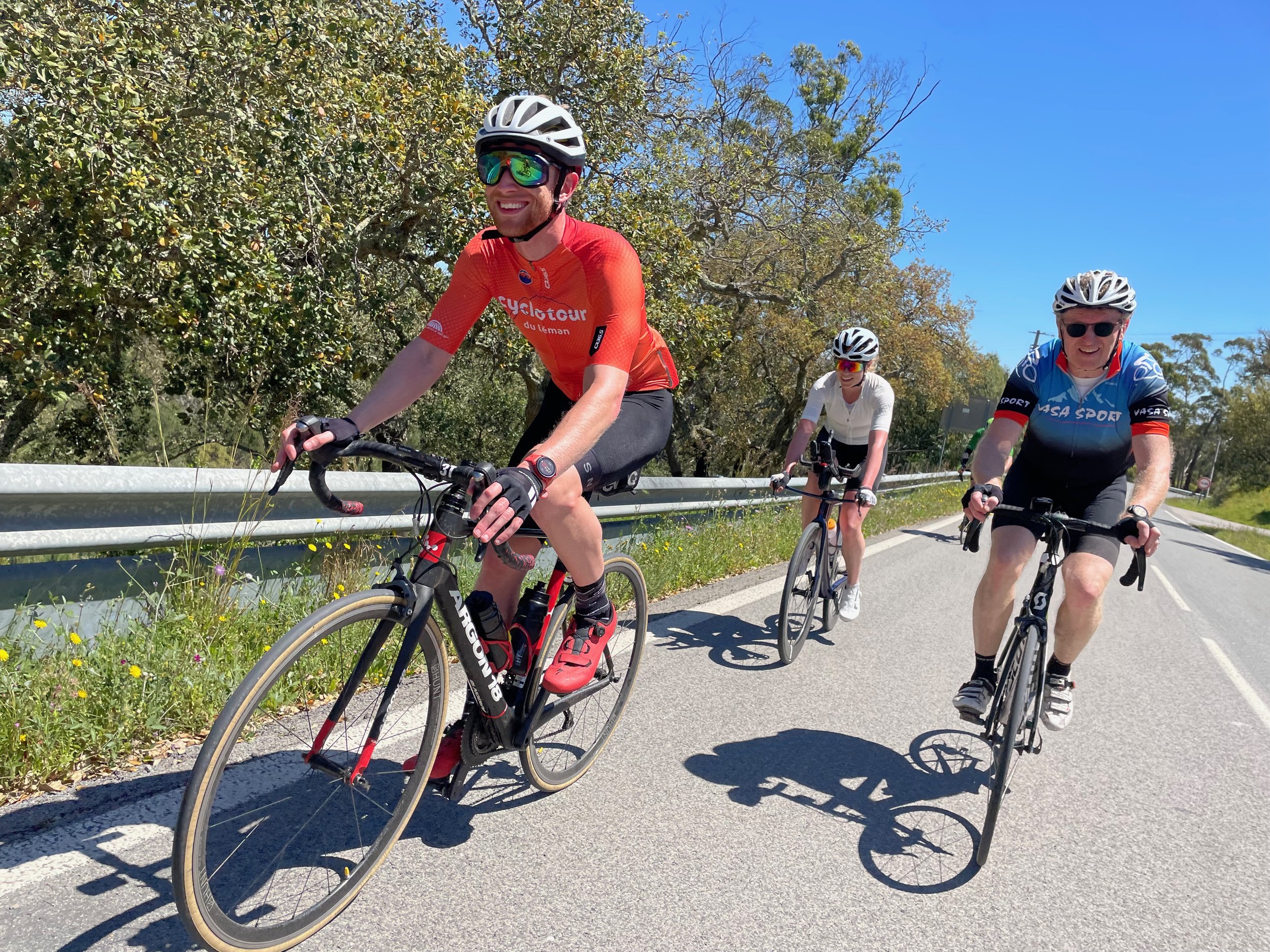
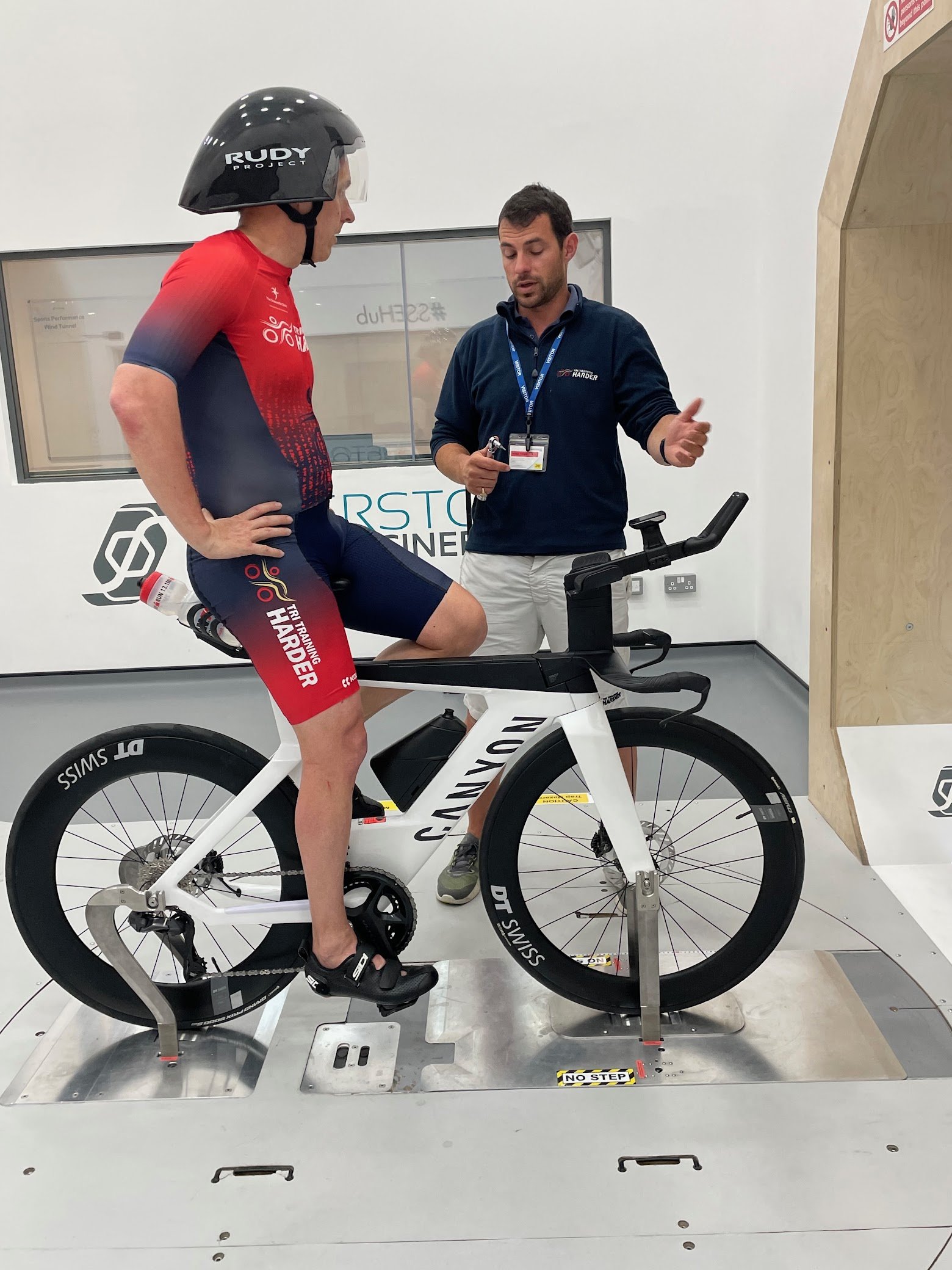



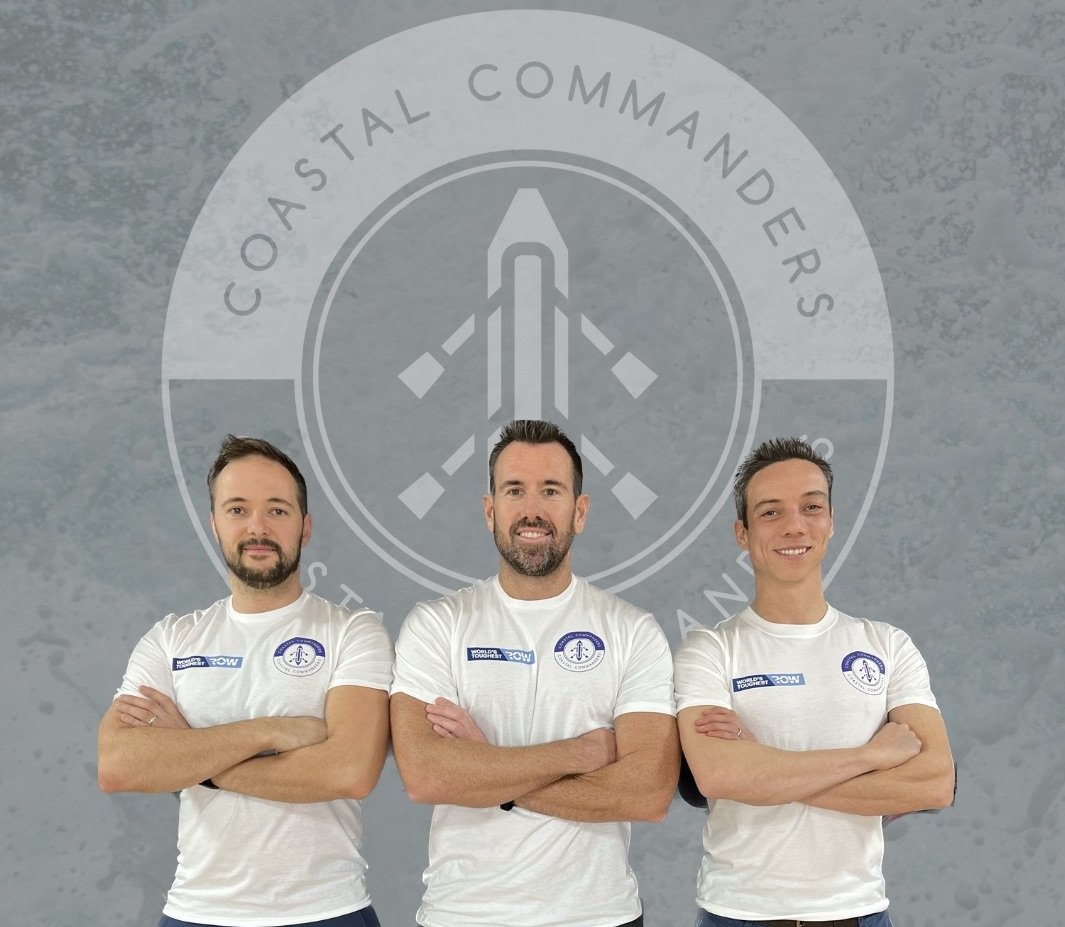


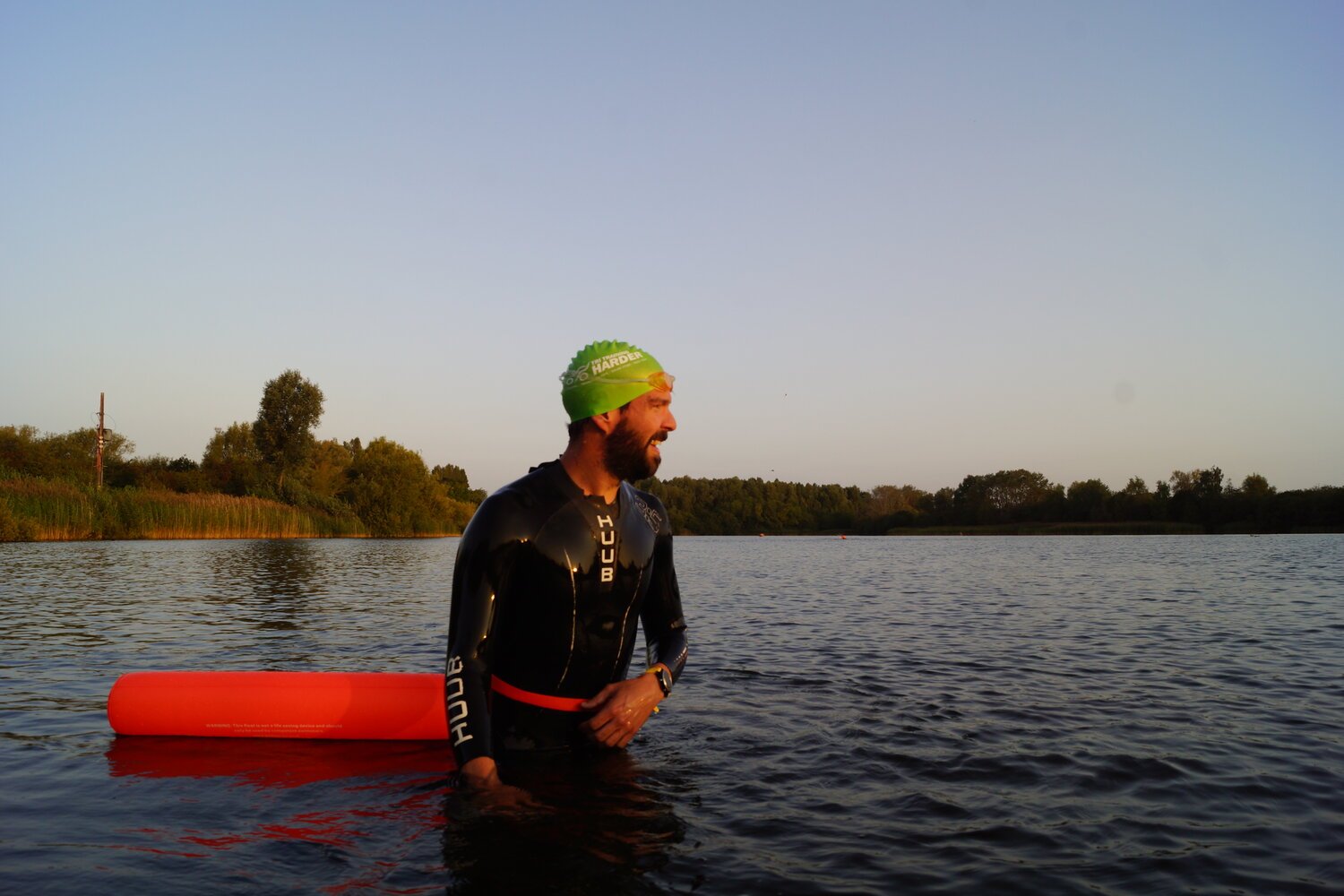













Mantras – what do they really mean and how can they help?
Many people have mantras, either for how they live their lives, or relating to how they turn up and train. In this small series, Coach Denise looks at the mantras which have meaning to her personally, and shares how they help her with both life and training.